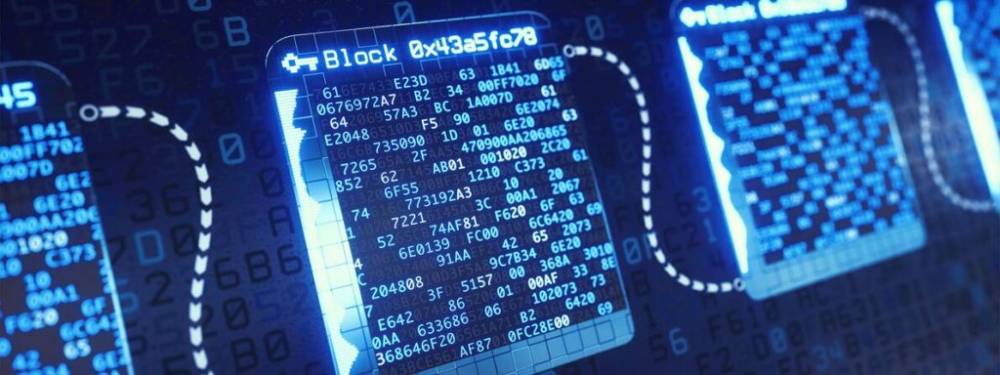
The Role Of Encryption In Protecting LGBTQ Community Members
The Role of Encryption in Protecting LGBTQ+ Community Members
Encryption is the process of scrambling data in such a way that it can only be read by someone who possesses the keys to open and unscramble the data. It is a tool designed to assist Internet users in maintaining the privacy and security of their online data and communications, and it is critical in protecting daily digital activities such as online banking, shopping, and healthcare, as well as preventing data breaches and ensuring private messages remain private.
Encryption is also critical for building a foundation of trust online, which aids in the protection of free expression and privacy. Encryption is critical for certain communities, such as the LGBTQ+ community, in order to keep members safe both online and offline.
The Internet is a critical tool for enabling members of the LGBTQ+ community to communicate freely and without fear of persecution — and strong encryption is a critical component of this equation.
Privacy While Coming Out and Connecting
Finding a trustworthy community to connect with can be challenging, even more so for members of the LGBTQ+ community. Many fear losing family and friends if they come out, which is why they frequently turn to online communities for support. According to research, LGBTQ+ community members are heavy Internet users, with 80 percent of LGBTQ+ community members reporting that they use a social networking site, compared to 58 percent of the general population. Encryption enables LGBTQ+ youth who may live with unsupportive family members to communicate safely and on their terms.
Transgender Communities
Transgender communities face unique difficulties and are particularly prone to violence, unemployment, and persecution. Transgender communities can use the Internet to form support networks with other community members and allies. Encryption can assist in maintaining the privacy of online communications and activities, thereby reducing the risk of violence and stigma that disproportionately affect this community.
Access to Healthcare
Encryption is a critical tool for empowering members of the transgender community to use the Internet safely to locate doctors and treatment during transitions. Doctors can use encrypted services to care for patients safely and securely, removing the possibility of their sensitive health information being compromised. Encryption also enables open communication between LGBTQ+ community members and accepting and trusted healthcare providers, significantly improving the quality of health services and outcomes.
Protecting Against Discrimination and Harm
LGBTQ+ community members continue to face discrimination in housing, employment, and a variety of other sectors in many parts of the United States simply for being who they are. Only 22 states and the District of Columbia, for example, prohibit discrimination in the workplace on the basis of sexual orientation or gender identity. This means that 28 states allow employers to fire employees for self-identification as LGBTQ+. Members of these communities are better equipped to protect their privacy and decide whether or not to share their identification with others when they use encrypted services, apps, and platforms.
Being a member of the LGBTQ+ community is still illegal in far too many countries. While authorities may argue that backdoor access enables them to catch criminals, being LGBTQ+ is a criminal offense in a large number of countries (between 72 and 76 at last count). Members of the LGBTQ+ community in these countries face imprisonment, torture, and even the death penalty for expressing their identity. In a number of countries, "gay propaganda," or simply speaking out about LGBTQ+ issues, is considered a criminal offense. Without encryption, LGBTQ+ community members living in or traveling to these countries may be unable to access communities and outlets for self-expression in a safe and comfortable manner, leaving them open to prosecution and persecution.
Strong Encryption in the US Protects LGBTQ+ Community Members Everywhere
As is true for a large number of technology companies with headquarters in the United States, policy decisions made here will have a global impact and set precedents. If a country takes the lead in developing policies that promote strong encryption, it may be easier to convince other countries to follow suit.
While some would argue in favor of "backdoor access," which generally refers to the ability of law enforcement and intelligence agencies to intercept and access encrypted communications in order to combat crime, the reality is that any digital backdoor can be accessed by anyone — law enforcement or bad actors alike.
Creating encryption backdoors not only compromises overall security; it also puts LGBTQ+ community members' lives at greater risk of harm.
Forced Weakness Weakens Us All
Any point of entry into a secure service constitutes vulnerability. Backdoor access jeopardizes private information and confidential conversations by granting government or law enforcement access to private information while simultaneously creating an entry point for bad actors. There is no such thing as a digital lock that only law enforcement can open.
The Internet Society advocates for safeguarding our most powerful digital tools in order to keep people safe online.
Strong encryption, in particular, contributes to the safety, privacy, and livelihoods of LGBTQ+ community members and other marginalized individuals worldwide.

